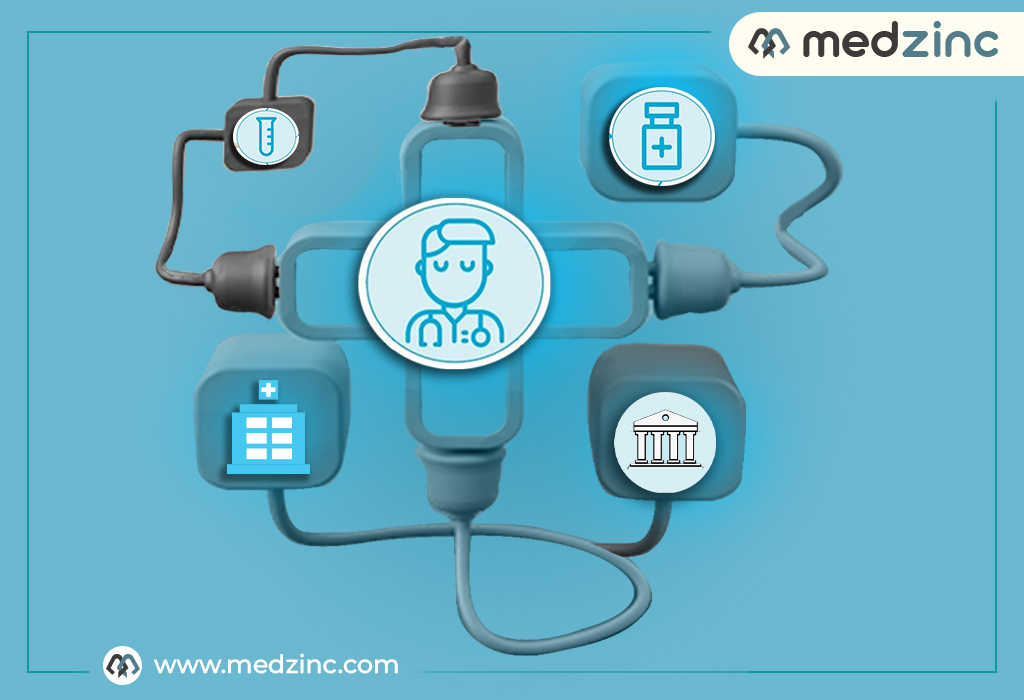
Importance of Interoperability in Healthcare
The importance of Interoperability in the healthcare is increasing with the fast pacing world. To avoid errors the seamless transmission & communication of patient information is vital for the healthcare experts. Thus Interoperability plays a critical role in simplifying the complex healthcare system. The past records of patients are crucial for healthcare experts to provide right diagnosis & care. Especially at the time of emergency, it's crucial that healthcare providers are familiar with the patient's past medical history. And this is where the Importance of Interoperability in Healthcare comes into play. It is impossible to overlook the importance of interoperability in healthcare. Moreover, it is the key to cut errors, cost, time. It creates a dynamic environment where people get better diagnosis. However, before jumping straight to the Importance of Interoperability in Healthcare. We first must get a brief look at what exactly is “Interoperability”.
What is Interoperability?
Interoperability is the ability of different systems or software to transmit & make familiar with the patient's past medical history. And this is where the Importance of Interoperability in Healthcare comes into play. Moreover, it is the key to level up the success of giving right diagnosis to the patient. Plus, it lowers the maintenance cost of paperwork & written records to a great extent. 
Advantages of Interoperability in Healthcare
Here are some advantages of interoperability:
Higher Efficiency
The main purpose behind this whole new revolutionary change in the field of healthcare was to channel up the efficiency. There is no denying that it is best for healthcare experts to focus more on patients rather than paperwork. And with interoperability, it is easier for them to access & transmit all the data with ease. Thus increasing their efficiency in decision making.
Lower-cost
The next importance of Interoperability is it lowers the cost. Data being stored in a timely manner makes it easier to access at the time of emergency. For instance, a patient's reports from the blood test last week can be easily accessed through interoperability and used at the time of emergency. Thus saving time and money plus enhancing the efficiency of the healthcare industry.
Less chances of Errors
Errors are one of the most leading causes of death globally. Moreover, you would be surprised to know almost 250,000 people die in the US alone because of medical errors. Yes, it is safe to say that not all medical errors lead to death, yet medical errors can be very expensive both in terms of health & money. However, with the use of Interoperability the chances of errors can easily be slash down. Thus, resulting in improving the quality of treatment and increasing reliability of the healthcare provider.
Key Takeaway
Interoperability is the ability of the systems to exchange, transmit and communicate with each other. In the healthcare industry, Interoperability makes it easier for healthcare providers to transmit & exchange patient medical information safely. It improves the efficiency of the healthcare provider, lower down medical cost and, Slash down the chances of medical errors.
Related Post
No results.